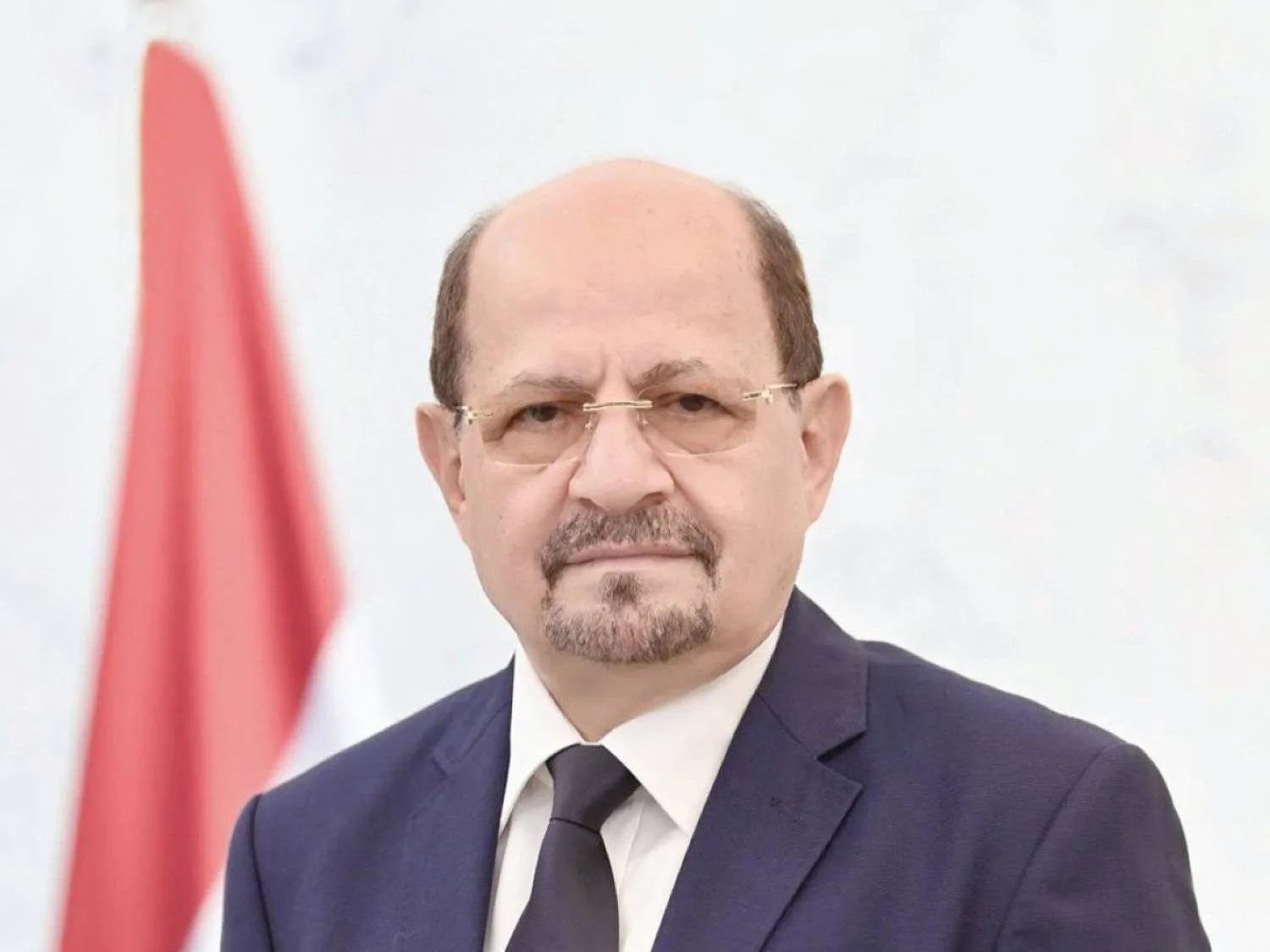Yemeni Foreign Minister Dr. Shaya Zindani underscored the Arab and Islamic consensus to end Israel’s war on Gaza and Lebanon.
In remarks to Asharq Al-Awsat, he hoped Monday’s Arab-Islamic summit in Riyadh would come up with unified vision on stopping the Israeli assault.
Yemen is the current chair of the Arab League. Riyadh is hosting on Sunday a ministerial preparatory meeting ahead of the summit.
The summit is dedicated to discussing the ongoing Israeli attacks on Palestinian and Lebanese territories, as well as regional developments. It aims to coordinate stances between member countries.
Several Arab and Islamic countries, starting with Saudi Arabia, have exerted major efforts since the previous summit – also held in Riyadh – to reach an end to the wars on Gaza and Lebanon, added Zindani.
He highlighted the efforts carried out throughout the year by the Arab League, Organization of Islamic Cooperation and their joint Arab ministerial committee, chaired by Saudi Foreign Minister Prince Faisal bin Farhan bin Abdullah.
Moreover, he noted that Arab and Islamic countries were not the only ones in consensus over the need to end the war, but the several countries across the globe want to see an end to the hostilities.
Asked about the means and opportunities available to Arab and Islamic countries to end the wars, he cited the efforts that have been exerted so far through international relations, especially Saudi Arabia’s ties with other countries and its Arab, Islamic and global standing.
He hoped the summit would come up with a unified stance on ending the wars, despite Israel’s intransigence.
Yemen had assumed the presidency of the Arab League council in September.
Zindani said at the time that “national and historic responsibility demands that we make this round a serious starting point for addressing emerging crises and overcoming all challenges through a pure Arab will.”
He underscored the importance of coming up with unified Arab action and to apply international pressure on Israel to make it stop its crimes in Gaza and throughout the Palestinian territories.









